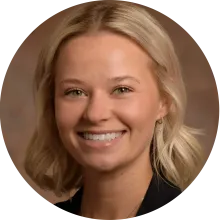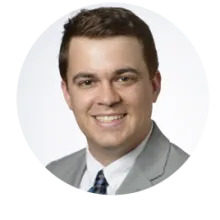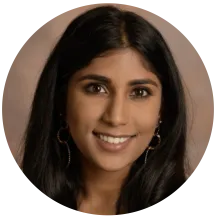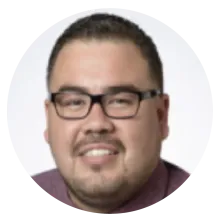Pharmacy Students Find Match Day Success
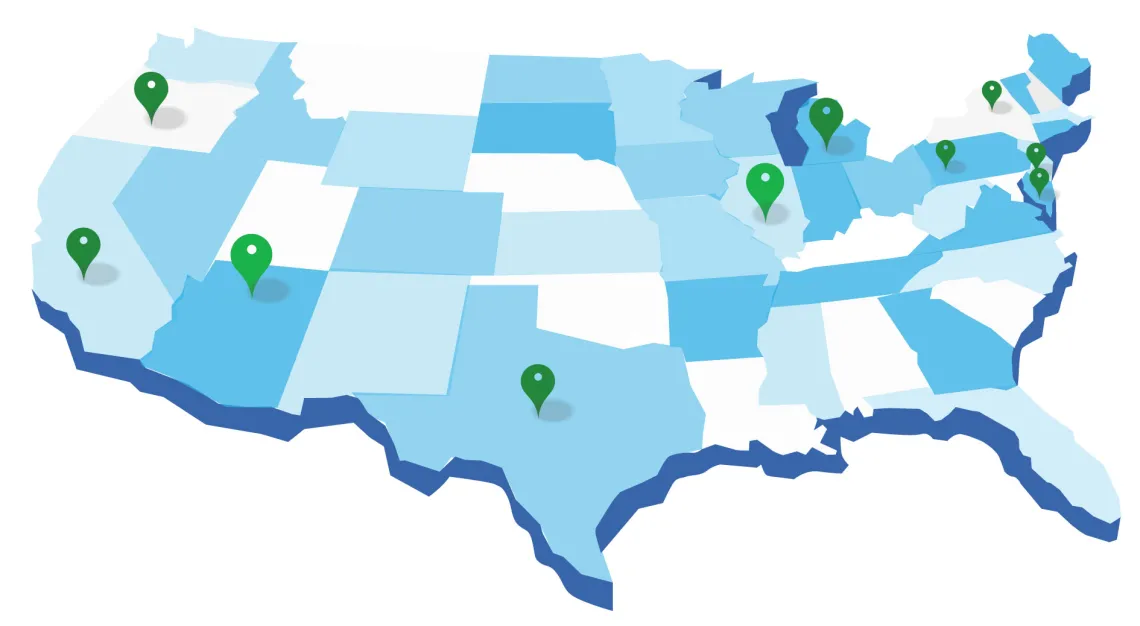
Thirty students in their fourth-year of pharmacy school celebrated their matches for their postgraduate year one (PGY1) pharmacy residency training.
Pharmacy students earning their pharmacy doctorates during the spring commencement ceremony may apply for a PGY1 residency program for additional clinical training. These pharmacy residency programs take place within health care institutions across the nation. Students also enter their residency programs with a specialty in mind, such as ambulatory care, infectious diseases, or critical care.
For 2023, 77 percent of students successfully matched in the first phase of the process. Of the 30 students who matched for their PGY1, 24 will do their residencies in Arizona while other students will travel out of state. For students who did not match, they have a second opportunity in phase two. The results of the phase two match are released on April 14.
Match Day 2023 (Phase 1)
Students who have already completed their first year of residency may apply for PGY2, a second year of specialized pharmacy residency training. This year, eight College of Pharmacy graduates matched for a second year of residency.
R. Ken Coit College of Pharmacy students who pursue a residency program receive assistance from faculty like Amy Kennedy, PharmD, BCACP, an associate clinical professor and chair of the Residency-Fellowship preparation program, and Mike Katz, PharmD, professor and director of residency programs.
The Residency Preparation program was implemented in 2011 to help prepare students for their the residency application process. As part of this program, students attend sessions led by faculty, preceptors, as well as former and current residents to discuss topics pertaining to the residency/fellowship application process, including program selection, application and document preparation, and interview skills. Students are paired with a designated faculty or preceptor mentor who will guide them through the application process, strategies in application and program selection, and finally interviewing.
"The process leading up to match day can be stressful and it's something the faculty try to address through the preparation program," Katz said.
Assistant Clinical Professor Christopher Edwards, PharmD, BCPS, recalls his own Match Day experience as a mix of emotions. In 2008, he applied to six residencies and interviewed with all six. He eventually matched with the University of Arizona, but realized it meant leaving family and friends. He also found out his best friend did not get a match.
"Match Day was really a roller coaster of emotions: joy and pride that I matched at a great program, empathetic disappointment for my friend who didn’t match, excitement about what the future held, anxiety about leaving home, and thankfulness for all of the mentorship, support and opportunities that had led me to that point," Edwards said. "In the end, everything worked out well for all involved, but it was certainly a wild ride."


